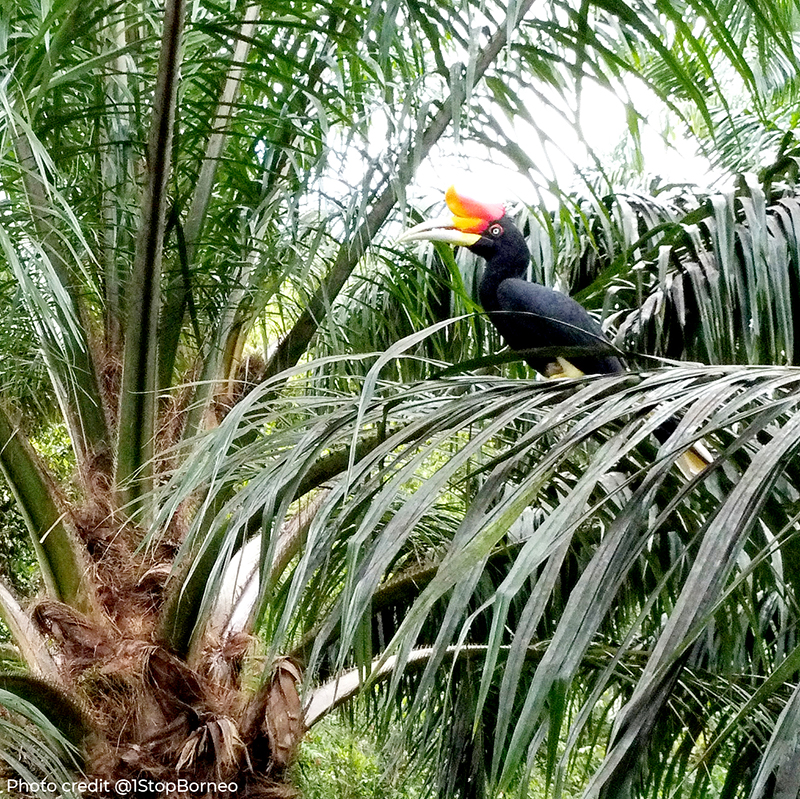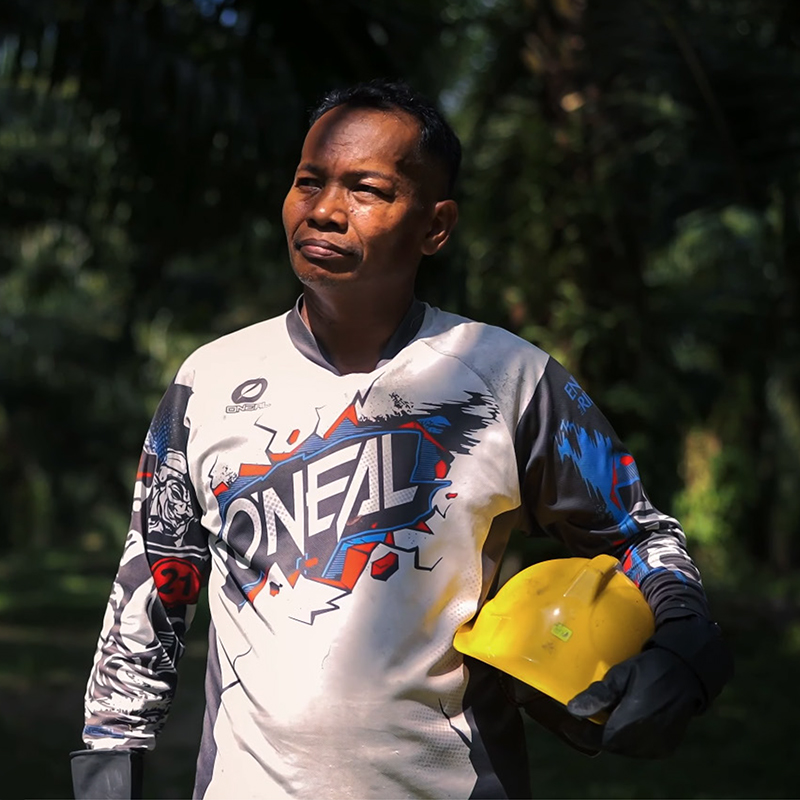Visit to Malaysia: UK Stakeholders Experience Palm Oil Excellence
To further promote the acceptance of MSPO standards, MPOC hosted UK palm oil stakeholders to explore Malaysian palm oil's sustainability and socio-economic contributions to the nation and globally.
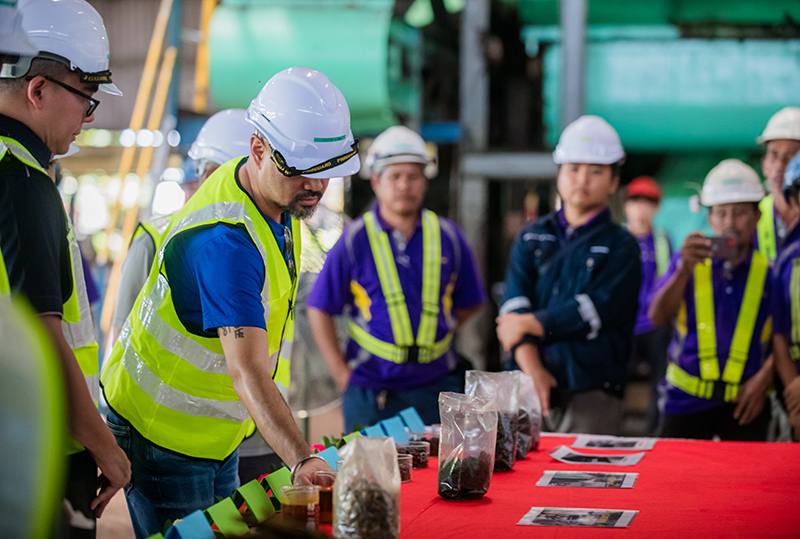
UK stakeholders deepen their understanding of the socio-economic contributions and sustainability practices of Malaysian palm oil during their visit to the Genting Trushidup Oil Mill in Sandakan.
Earlier this month, the Malaysian Palm Oil Council (MPOC) hosted a visit to Malaysia for a group of palm oil stakeholders from the UK. The visit focused on adding value to the Malaysian palm oil industry; providing a platform for the delegation to explore and understand the sustainability credentials and socio-economic contributions of Malaysian Palm Oil. The objective was to promote acceptance of the Malaysian Sustainable Palm Oil (MSPO) standards and exchange views on sustainability, traceability systems, inclusion of smallholders in MSPO and conservation of the environment and wildlife. During the visit, the group travelled to Sandakan before continuing the discussions in the Klang Valley.
MPOC, in collaboration with Wild Asia, led the delegation on visits to smallholder plantations and the Genting Trushidup Oil Mill in Sandakan. The delegation also had the opportunity to visit the Sepilok Orangutan Rehabilitation Centre and the Borneo Elephant Sanctuary, underscoring Malaysia's commitment to wildlife conservation. Additionally, they toured SD Guthrie's Palm Oil Experience Centre in Carey Island and smallholder plantations under FELDA in Sungai Tengi Selatan, Kuala Kubu Bharu, providing a comprehensive view of both large-scale and smallholder palm oil operations.
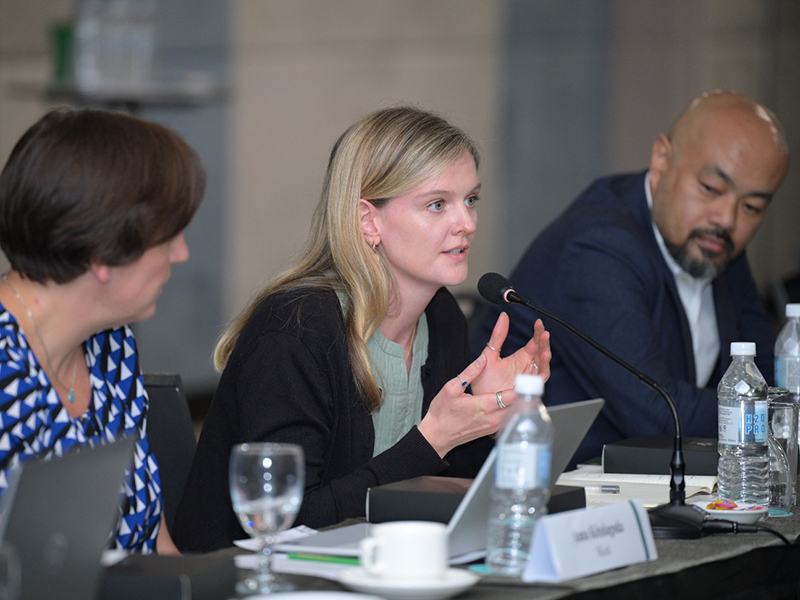
The dialogue session between the UK delegation and the local palm oil stakeholders included representatives from 3Keel, KFC Asia, and others, during which they discussed key topics such as MSPO 2.0, human rights and labour issues, traceability complexities, and more.
The highlight of the visit was a dialogue session organised by MPOC and chaired by Belvinder Sron, CEO of MPOC, on the final day. This session facilitated meaningful discussions with the UK delegation and the Malaysian palm oil stakeholders, focusing on the rollout of MSPO 2.0, traceability systems and their complexities, different challenges smallholders face, and the social aspects of MSPO standards.

In the first four months of 2024, the export of Malaysian palm oil and its derivatives registered an increase of 71.3% compared to the same period last year. In 2023, the UK imported 381,000 tonnes of palm oil, with Malaysia contributing 5% of these imports. Following the UK's accession to the Comprehensive and Progressive Agreement for Trans-Pacific Partnership (CPTPP), tariffs on Malaysian palm oil imports will be eliminated. As Malaysia is well-equipped to provide a competitively priced and secure palm oil supply, this change is expected to benefit the industry and UK consumers.
This visit aligned with the UK’s goal of enhancing traceability and transparency throughout the palm oil supply chain in its markets. By partnering with responsible palm oil-producing countries like Malaysia, the UK can help strengthen the overall sustainability standards of global palm oil production and set a precedent for other countries to follow.
"MPOC will continue to serve the Malaysian palm oil industry with more such programmes in high-value markets, ensuring that sustainable practices are promoted and recognised internationally. Through these partnerships, Malaysia aims to showcase its commitment to responsible palm oil production and set a positive example for the industry as a whole," added Belvinder.
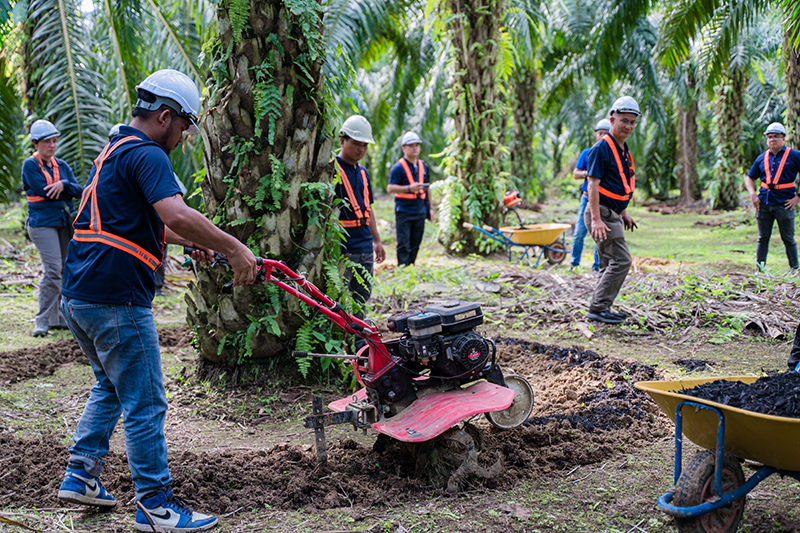
A smallholder farm in Sandakan showcasing the utilisation of biochar as part of their farming practices.





